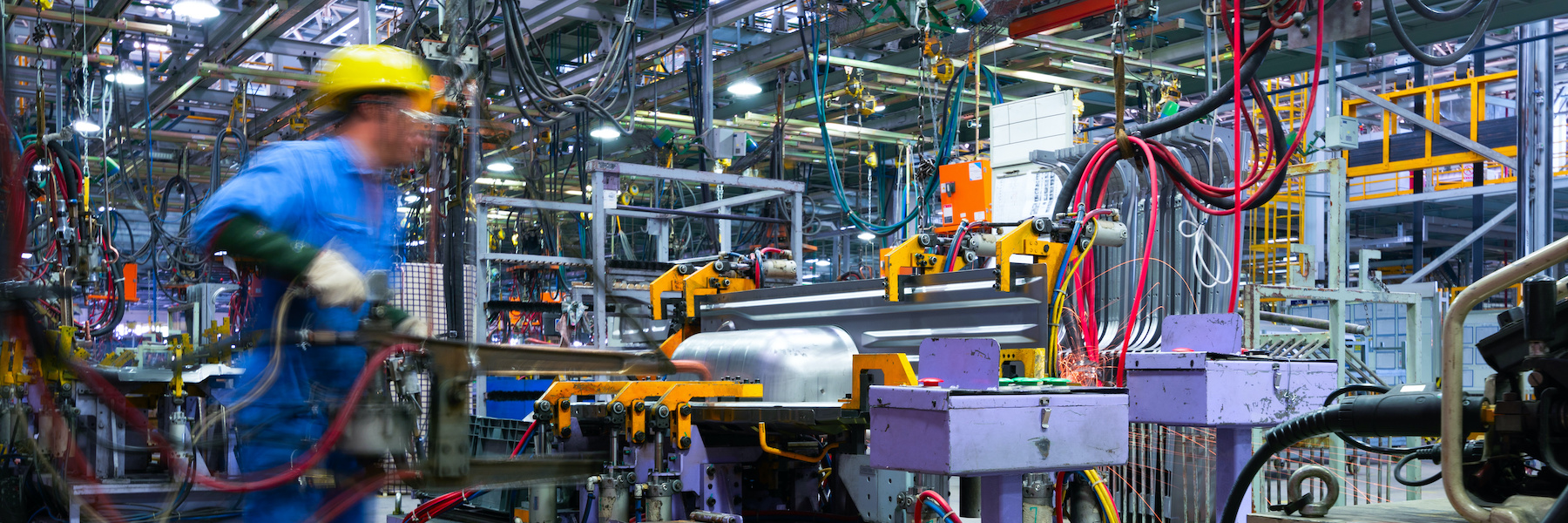Driving deep decarbonization
The transition to electric vehicles (EVs) is a critical part of efforts to decarbonize the U.S. economy. The transportation sector accounts for more greenhouse gas emissions than any other sector of the economy, and the environmental impacts (e.g., air pollution) of internal combustion engine cars are well-established. The shift to EVs, however, comes with its own challenges. EVs are often more expensive than conventional cars and they require access to charging infrastructure, raising critical questions about equal access to this new technology. In addition, the auto industry's rapid shift to EV production risks displacing current autoworkers, and auto company decisions about where to make EVs threaten communities reliant on the current supply chain for conventional automobiles. Thus, like other developments in the energy transition, the benefits and costs of the transition to EVs will be uneven.


